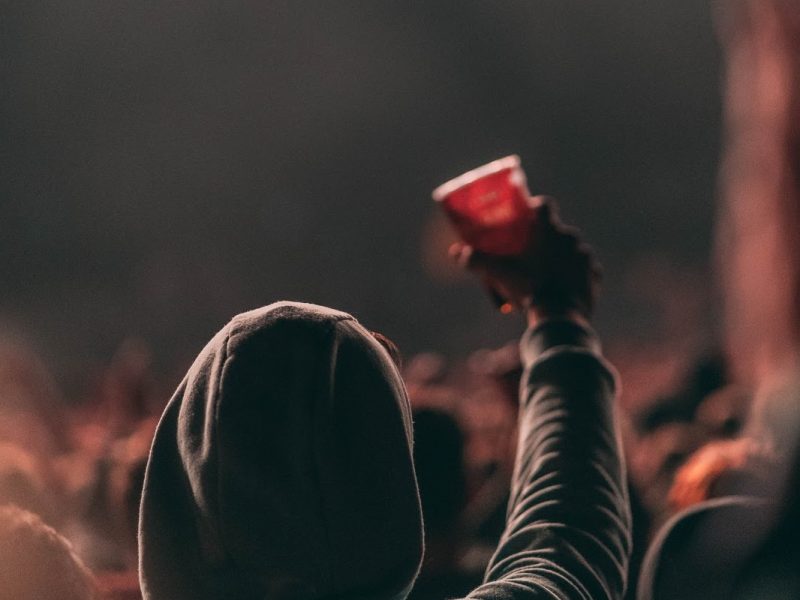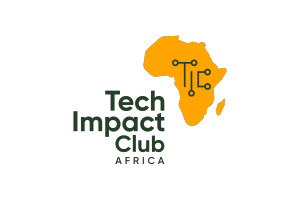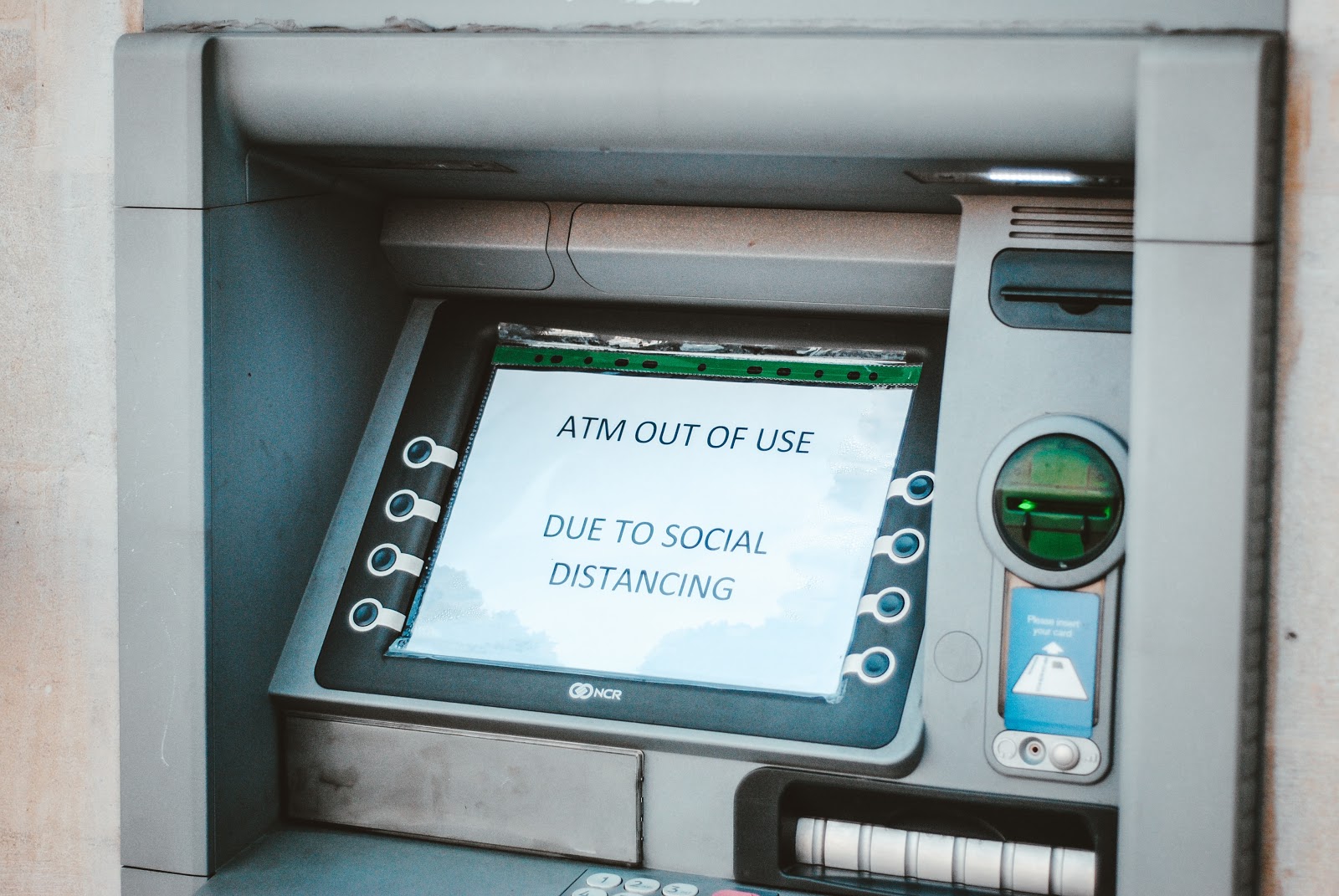The world is going through an unprecedented level of crisis right now. People are forced to live through uncertainties concerning their jobs, their lives, their loved ones, etc.For months, many people around the world could not tell when next or if at all they were ever going to see their families physically because they were caught on opposite sides of shut borders. Others did not get to say goodbye to loved ones they lost/or will lose to the pandemic. Businesses were forced shut and deals failed.
Work from Home. Social Distancing. Face-Shields. 6 Feet Apart. Lockdown. No Handshakes. Hug not.
Here are some of the new words and phrases humanity has had to learn, understand and use in order to increase their chances of outliving the coronavirus. Undoubtedly, these measures have been instrumental in curbing the spread of the pandemic and flattening the curve however, they come with their own side-effects… which are unfortunately tougher to identify.
Effects
Mental Health issues have spiked among health workers who have to deal with death in volumes never ever seen before, having to decide which lives to save and which to give up on. During the lockdown, Nigeria recorded a spike in crime rates especially in communities with large numbers of youths whose job demands could not be fulfilled by working from home.

Cases of domestic violence also recorded an increase while more members of the working-class demographic admitted that they burned out faster from the incessant digital meetings and work deliverables without being able to engage in leisure activities as an escape.
In other words, even when we beat this virus, humanity might have to deal with the scars of restricted human-interactions for a long time.
Coping Mechanisms Enabled By Technology
One thing that has remained constant is the ability of humans to adapt to change and make the best of circumstances which is exactly what we have seen play out.
At the beginning of the lockdown, the use of mobile applications like Houseparty shot up as absolute strangers were able to connect virtually to play their favourite games. Instagram Live Sessions became more popular especially with celebrities and brands who connected fans and loyalists almost daily by giving them an opportunity to dial in. Religious organisations were not left out of the Instagram Live wave in addition to streaming their services on YouTube. Speaking of YouTube, Andrea Bocelli on the 12th of April, 2020 sent shivers down the spines of his audience as he performed solo on the streets of Milan at the invitation of the city and Duomo Cathedral on Easter. This performance was watched by an audience of well above 4 million people, the very first of its kind.
Apart from the exciting and humorous nature of the videos, Tiktok challenges have also become a very potent means of generating content for brand strategists and digital marketers as these trends have proven to catch on faster on this platform when compared to more traditional marketing methods.
Corporate organisations have also been able to use technology to their advantages not just with holding internal meetings but also for weighty corporate governance requirements like annual general meetings.
Other activities that have helped many individuals stay sane during this period include documentation of their unique experiences in time capsules, substituting cinema dates for Netflix parties where groups of friends can stream the same shows at the same time and synchronise their views, crowdfunding for sick families, organised security measures for vulnerable, threatened people to mention a few.
It is obvious that apart from the amazing strides that scientists have been able to make in the management, treatment and hopefully eventual prevention of the virus; technology has played a larger role in filling the vacuums created globally in social interactions, economic growth and corporate strategy. Shall we raise a glass to the unsung hero of 2020?

TIC Africa is an organisation focused on providing funding to brilliant ideas and initiatives by Africans in Africa that adequately address issues peculiar to the continent. Click here to read our interview with Michael, the founder of Mentor an African Child Initiative (MACI) and recent beneficiary of our Edutech fund for organisations making positive impacts during the COVID-19 pandemic.
Visit techimpactclub.africa for more stories from across the globe on the positive impacts of technology and the innovative ways humans have devised to provide solutions that work to challenges. For details on partnership or sponsorship, send a mail to techimpactclub@gmail.com


